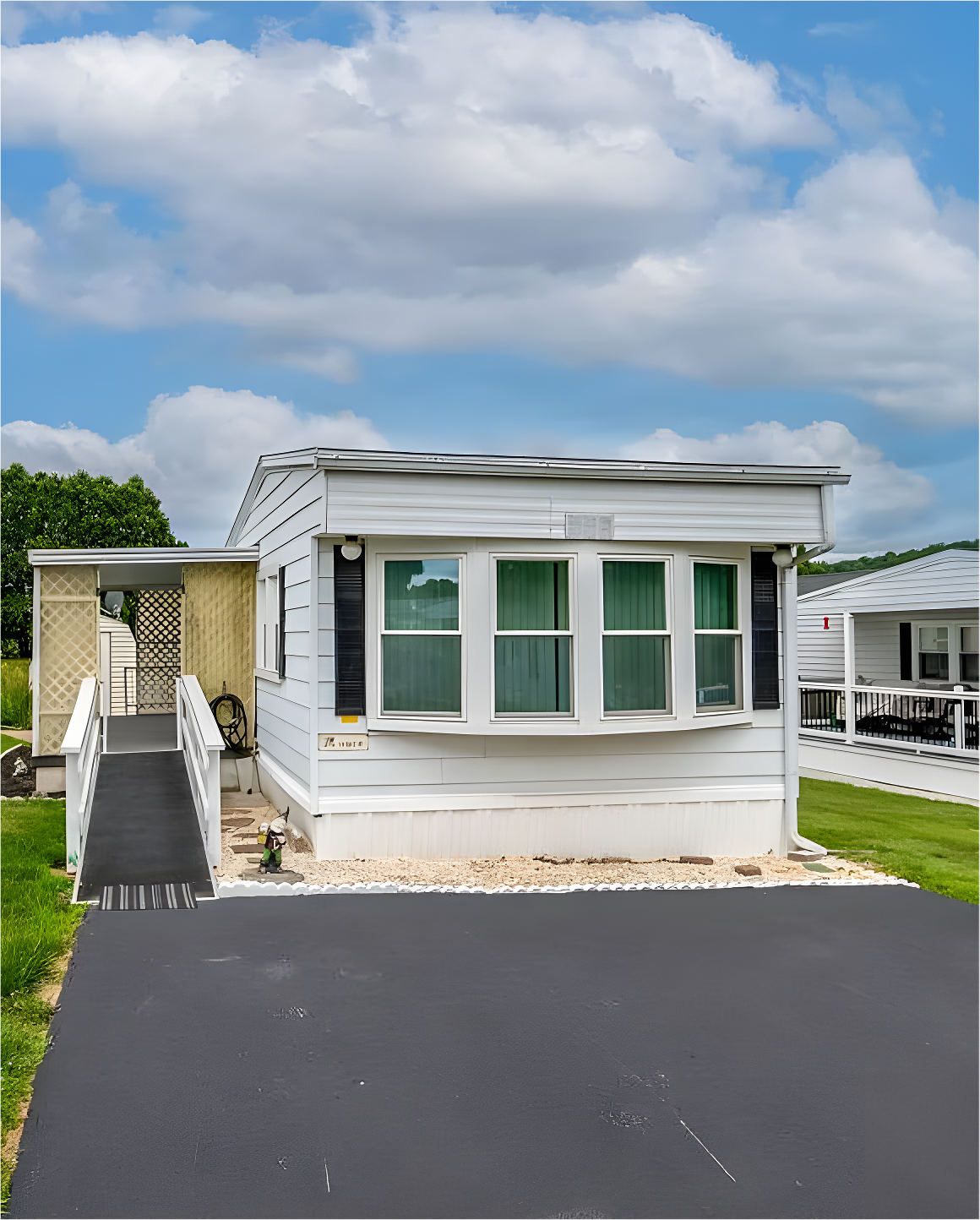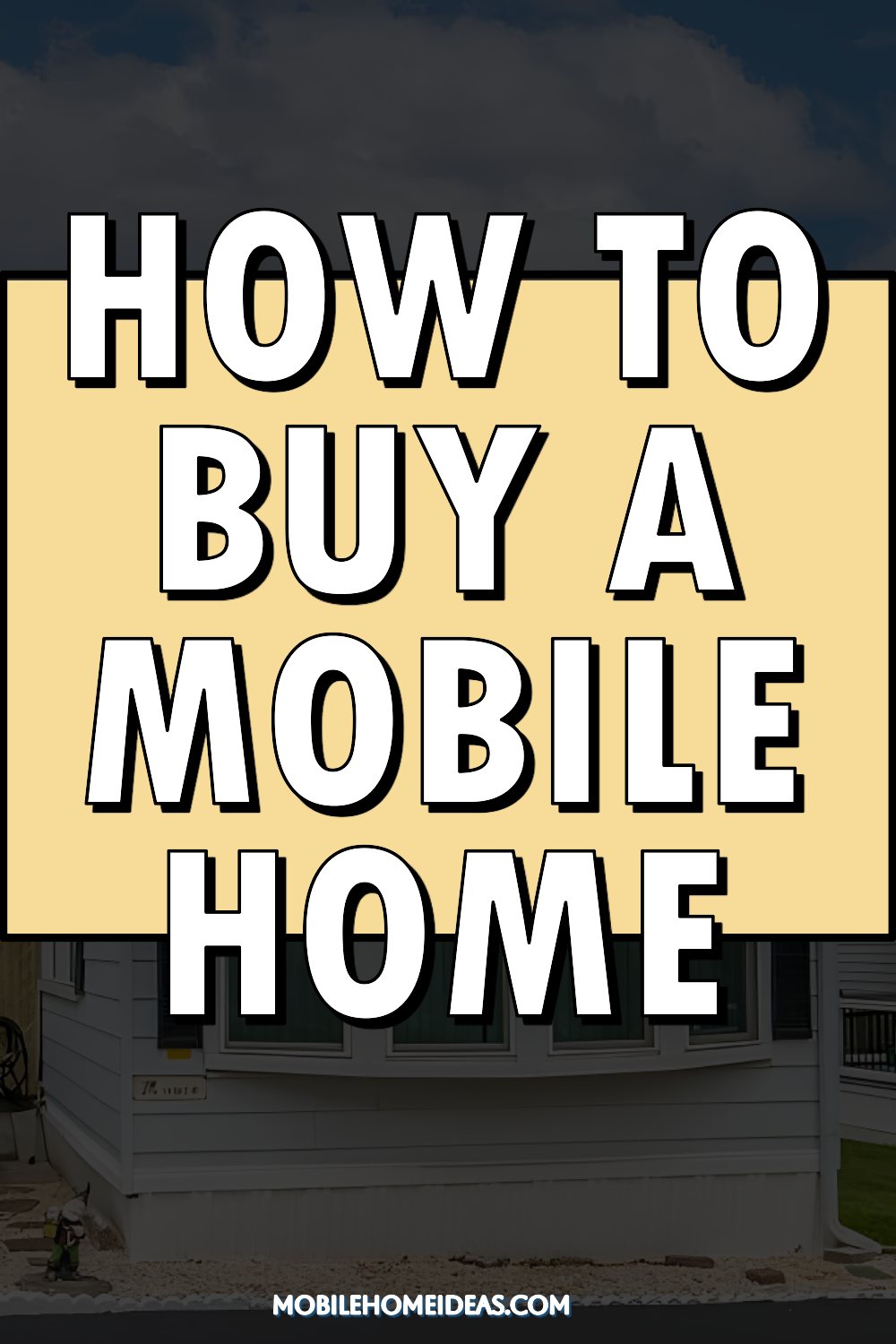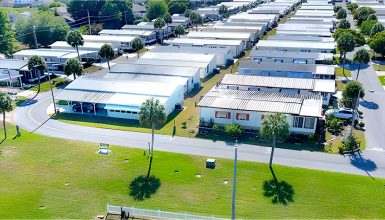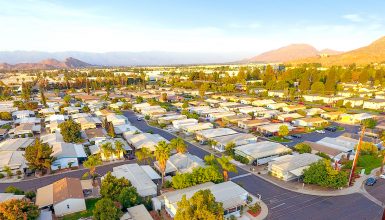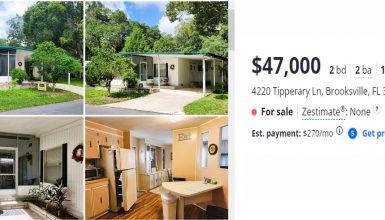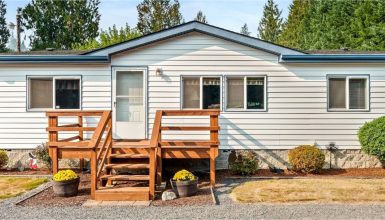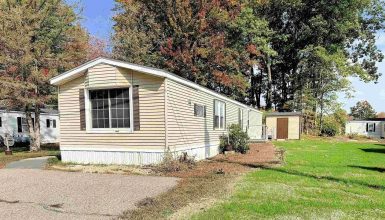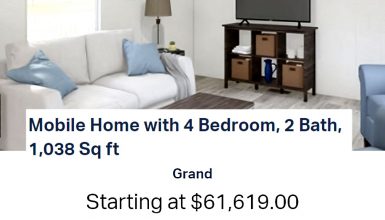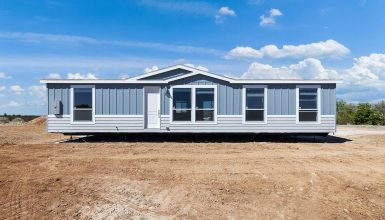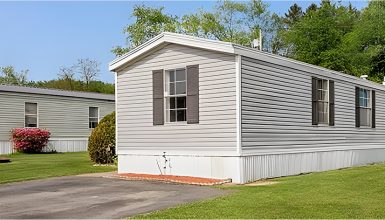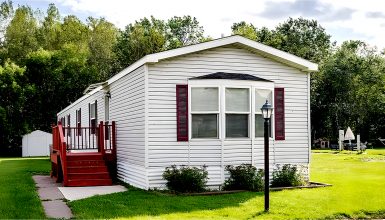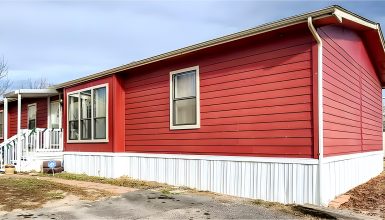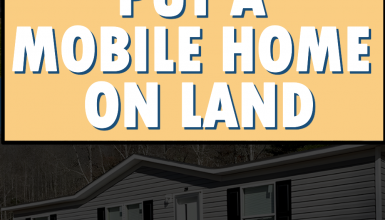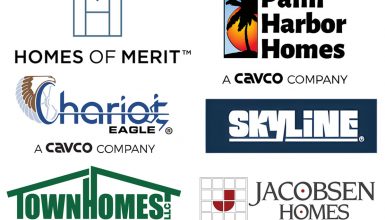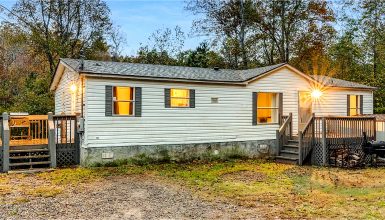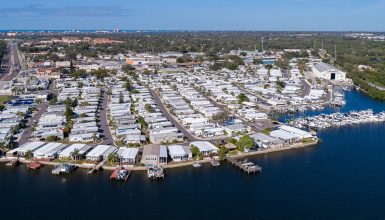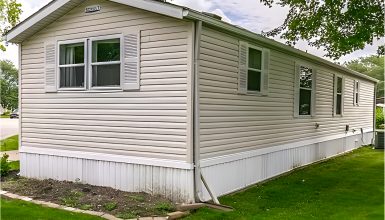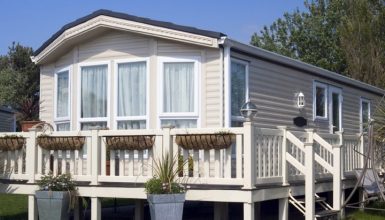Have you ever dreamed of owning a home without spending a fortune? A mobile home might be your ticket to comfy living with fewer hassles. In this guide, you’ll learn how to find the right location, secure financing, and avoid common mistakes. Let’s jump in!
1. Plan Your Budget
First, figure out your total price range. Think about how much you can pay for the home itself. Then, add in fees and taxes. Be honest about what you can afford so you won’t feel stressed later.
Next, include the monthly costs you’ll face. These might be park rent, utilities, and insurance. You might also pay for trash pickup or yard care. Write each cost on a list so you see the big picture.
Finally, save a bit of extra money for emergencies. You could have a leaky pipe or a broken heater. An emergency fund helps you fix problems without piling on debt. Even a small cushion can keep you calm when surprises pop up.
2. Search for the Perfect Spot
Start by exploring mobile home parks in your desired area. Drive around and get a feel for each community. Talk with neighbors if you can. Notice how well the park is maintained. Clean roads and tidy lawns are good signs.
Then, check out the amenities. Some parks have pools, clubhouses, or playgrounds. Others have walking paths or picnic spots. Make sure these extras line up with your lifestyle. You should also ask if utilities are included in your lot rent.
Finally, pay attention to age restrictions or rules. Some parks cater to seniors only. Others welcome families of all ages. Read the park guidelines too. Do they allow pets? Is there a limit on visitors? These details can make or break your new home experience.
3. Decide on New or Used
Buying a brand-new mobile home can be exciting. You’ll often get a warranty that covers major repairs. That means peace of mind if something breaks. Still, new models tend to cost more. Think about how much extra you will spend on that safety net.
Used homes can save you money upfront, but watch for hidden damage. Inspect the roof for leaks. Check the floors for soft spots. Look under sinks for signs of mold or rotted wood. Be ready to budget for repairs if needed. If you’re handy, you might fix things yourself. If not, factor in labor costs. Compare these expenses against the price of a new home. This helps you see which option offers the better deal.
4. Understand Financing Options
Financing is a key step in buying your mobile home. One choice is a chattel loan. This loan covers the home but not the land underneath it. Because of that, interest rates can be higher than traditional mortgages. Ask your lender about the final costs and compare offers.
Another route is a regular mortgage. You should own or rent the land specifically for this option. Also, watch out for closing costs. Sometimes, these fees sneak up on you.
If you have enough savings, paying cash might be possible. This cuts out interest charges. You won’t have a monthly payment. But make sure it won’t leave you with no savings at all. Think about your long-term financial health. By researching each choice, you can pick the best loan or payment plan that suits your life.
5. Read Park Rules and Regulations
Park rules can affect your daily life. First, check for extra fees. Some parks charge for trash pickup or shared utilities. Others lump these costs into lot rent. Also, review the lease terms. Some leases run month to month, while others last a year or more.
Next, confirm policies on pets, parking, and guests. Does the park allow large dogs? How many cars can you park on your lot? Are there limits on overnight visitors? You risk fines or eviction if you can’t follow these rules. So, read every detail before you commit.
6. Inspect the Home Thoroughly
A thorough inspection can save you money and stress. Start by looking at the roof. Are there missing shingles or leaks? Then, check all windows. Make sure they open and close smoothly. Next, test the plumbing. Run the faucets and flush the toilets. Listen for odd sounds or low water pressure.
Look at the appliances and wiring, too. Does the stove heat quickly? Do the lights flicker? If you spot any problems, request repairs or a lower price. Also, watch for water damage on ceilings, walls, or floors. Mold or stains might mean bigger issues lurking behind the scenes.
7. Negotiate and Close the Deal
Now comes the fun part—negotiation. Offer a price based on the home’s condition. If you find flaws, ask for fixes or a discount. Sellers might meet you halfway to seal the deal. Once you reach an agreement, put it all in writing. Include the final price, any repair promises, and the closing date.
Then, review the contract carefully. Sign only when you’re sure everything is correct. After that, you can celebrate! Invite friends over or relax with a favorite snack. You’ve just bought a mobile home. Enjoy your new space!

